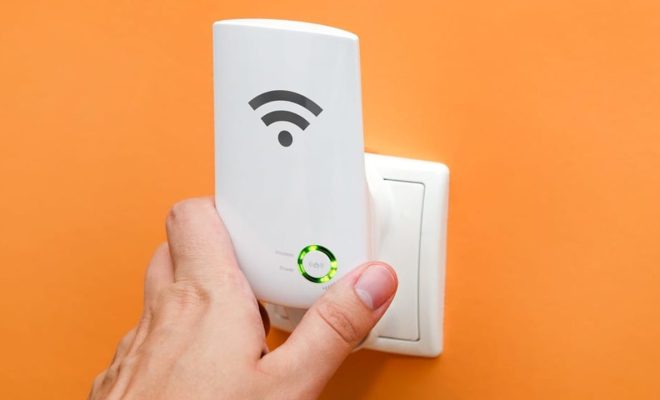What Is the Difference Between a WiFi Extender and a WiFi Repeater?

In today’s fast-paced world, we rely heavily on a reliable internet connection to stay connected with our family, friends, and colleagues. However, there can be times when you face issues with weak signals, slow speed, or dead zones in your home or office. That’s where WiFi extenders and WiFi repeaters come into the picture. Both these devices are designed to help you extend your WiFi coverage area, but they work quite differently. Here’s what you need to know about the key differences between a WiFi extender and a WiFi repeater.
1. Working Mechanism
A WiFi extender, also known as a wireless range extender, works by receiving signals from your router and transmitting them to extend the network’s coverage area. It connects to your wireless network and receives a signal from your router, amplifying it and rebroadcasting it to the area where your network coverage is weak. This device creates a new network with a new name and password, ensuring seamless connectivity across the entire coverage area. A WiFi extender is ideal if you’re looking to increase the range of your network and eliminate dead zones in your home or office.
On the other hand, a WiFi repeater, also known as a wireless repeater or range extender, works by receiving signals from your router and amplifying them before rebroadcasting them. But instead of creating a new network, a repeater extends the existing network’s coverage area. It connects to your existing wireless network, amplifies the signal, and transmits it to a new area. A WiFi repeater is ideal if you’re looking to extend the range of your current wireless network beyond its current coverage.
2. Bandwidth and Speed
The signal strength and speed of your network depend mainly on the distance between the router and the device you’re using. While both WiFi extenders and repeaters can expand the coverage area, they can also come with downsides. WiFi extenders can result in reduced network bandwidth and lower speed, and the further you move away from the router, the weaker your signal. As a result, your internet speed could be slower, causing buffering, lags, and delays when streaming or gaming.
However, WiFi repeaters generally maintain the network bandwidth and speed, and they don’t impact the signal strength in the same way as WiFi extenders. Since a WiFi repeater rebroadcasts the signals at the same frequency as the router, it maintains the same bandwidth and speed as the original network.
3. Connectivity
WiFi extenders and repeaters differ in their connectivity options. A WiFi extender can connect to your existing network via an ethernet cable or wirelessly. If your router doesn’t have a WPS button, you’ll need to connect your extender to your router via an ethernet cable. On the other hand, some WiFi repeaters require both a wired connection to your router and a wireless connection to the device for broadcasting the new signal.
4. Ease of Use
Both WiFi extenders and repeaters can be straightforward to set up, depending on the device you choose. But WiFi extenders can be a bit more challenging to set up as they require you to set up a new network name and password. A WiFi repeater is much easier to set up as it works via a plug-and-play operation, with no new network name or password required.






